The Science Behind Fridge Odours: What Causes Them and How to Prevent Them

Have you ever opened your refrigerator door only to be greeted by an unpleasant odour? While many of us might chalk it up to something going off or being left too long, there's actually a fascinating scientific explanation behind why fridge odours occur and persist. Understanding these reasons can help you take effective steps to eliminate fridge odours and keep your fridge smelling fresh. Here, we delve into the science of fridge odours and provide actionable advice on how to minimise them, highlighting some essential products that can help.
The Culprits: Bacteria, Mould, and Ethylene Gas
Bacteria and Mould
Refrigerators are designed to preserve food by keeping it at temperatures that slow bacterial growth. However, they are not foolproof. Bacteria and mould can still grow in the fridge, particularly in zones that aren't as cold as others or in areas where food residues accumulate. Foods that are high in moisture content, such as vegetables, fruits, and cooked leftovers, can provide ideal environments for these microorganisms to thrive, especially if they are not properly sealed. As they decompose the food, bacteria and mould release gases that contribute to bad odours.
Incompatible Food Storage
Storing incompatible foods together can also lead to odour problems. For example, certain fruits produce ethylene gas, a natural plant hormone that speeds up ripening. If ethylene-producing items like apples are stored too close to ethylene-sensitive vegetables like broccoli, it can not only cause them to spoil faster but also contribute to the development of off-smells as the foods decay prematurely.
Preventative Measures
1. Maintain Proper Hygiene
Regular cleaning is essential to prevent the buildup of odour-causing residues. Use a dedicated refrigerator cleaner like Universal Fridge Hygenic Cleaner, which is formulated to tackle the kinds of messes found in fridges effectively. This cleaner can remove food spills and residues that foster the growth of odour-producing bacteria and mould.
2. Use Odour Absorbers
To neutralise odours continuously, consider placing an odour absorber in your fridge. The Universal Odour Absorber for Fridges is specially designed to capture and neutralise the gases that cause bad smells, helping to maintain a fresher environment inside your appliance.
3. Proper Food Storage
- Use Airtight Containers: Ensure all perishable items are stored in airtight containers to prevent the spread of odours and keep out bacteria.
- Separate Ethylene Producers from Sensitive Foods: Store fruits and vegetables in different compartments or use special produce bags that can help mitigate the effects of ethylene gas.
- Regulate Humidity: Use the humidity drawers correctly by storing vegetables in the high-humidity drawer and fruits in the low-humidity drawer to prevent premature spoiling.
4. Regular Inspections and Rotations
Regularly check your fridge for expired or spoiling food and remove them promptly. Rotate your foods, using older items first to prevent them from going bad unnoticed.
The odours in your fridge are more than just a nuisance; they signify the complex interactions of bacteria, mould, and chemical processes within your appliance. By understanding these scientific principles, you can better combat fridge odours and extend the life of your stored food. Regular cleaning with appropriate products like Universal Fridge Hygenic Cleaner, using odour absorbers, and employing smart food storage techniques are all key to maintaining a fresh and hygienic refrigerator. With these practices, you can keep your fridge smelling fresh and your food safer for longer.

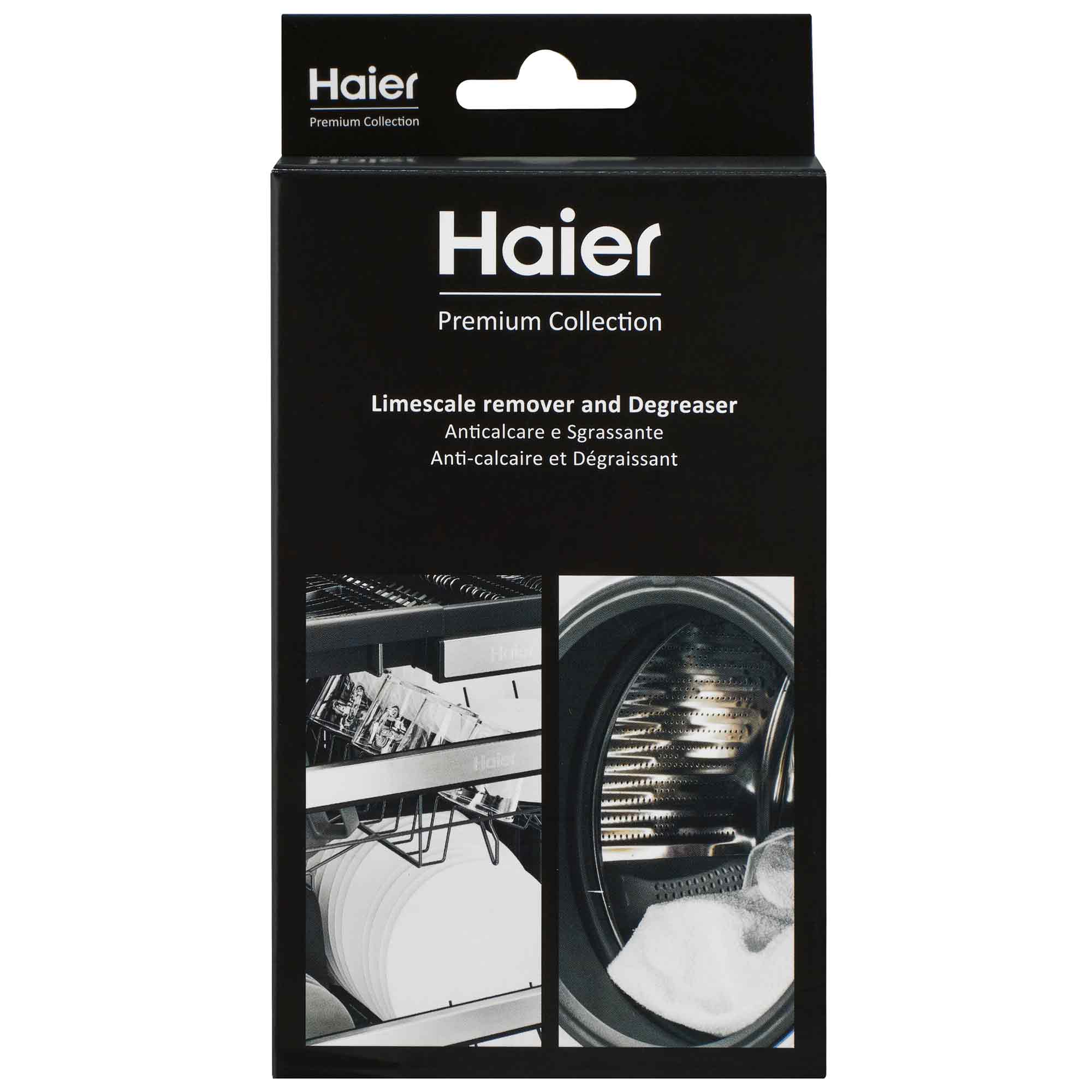
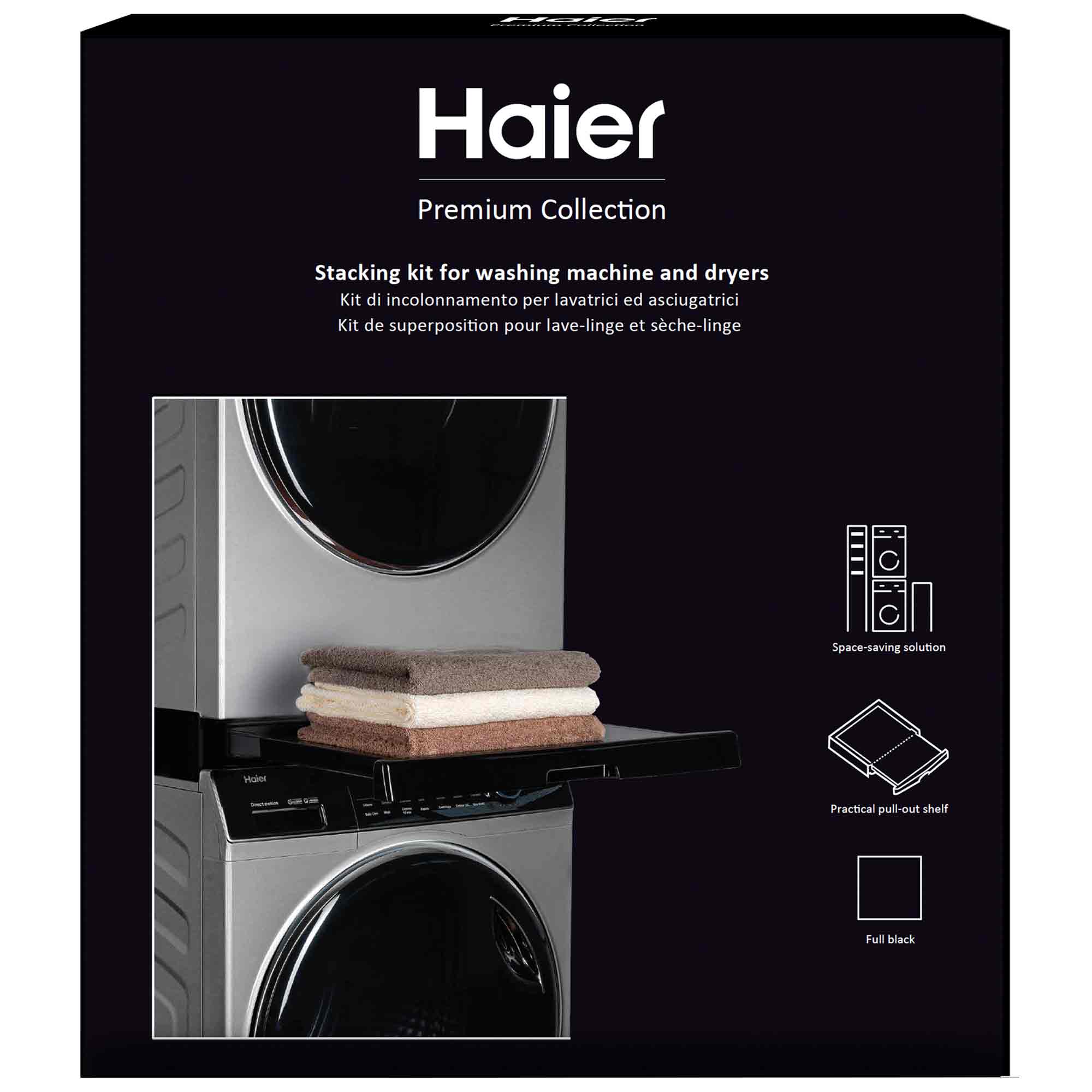


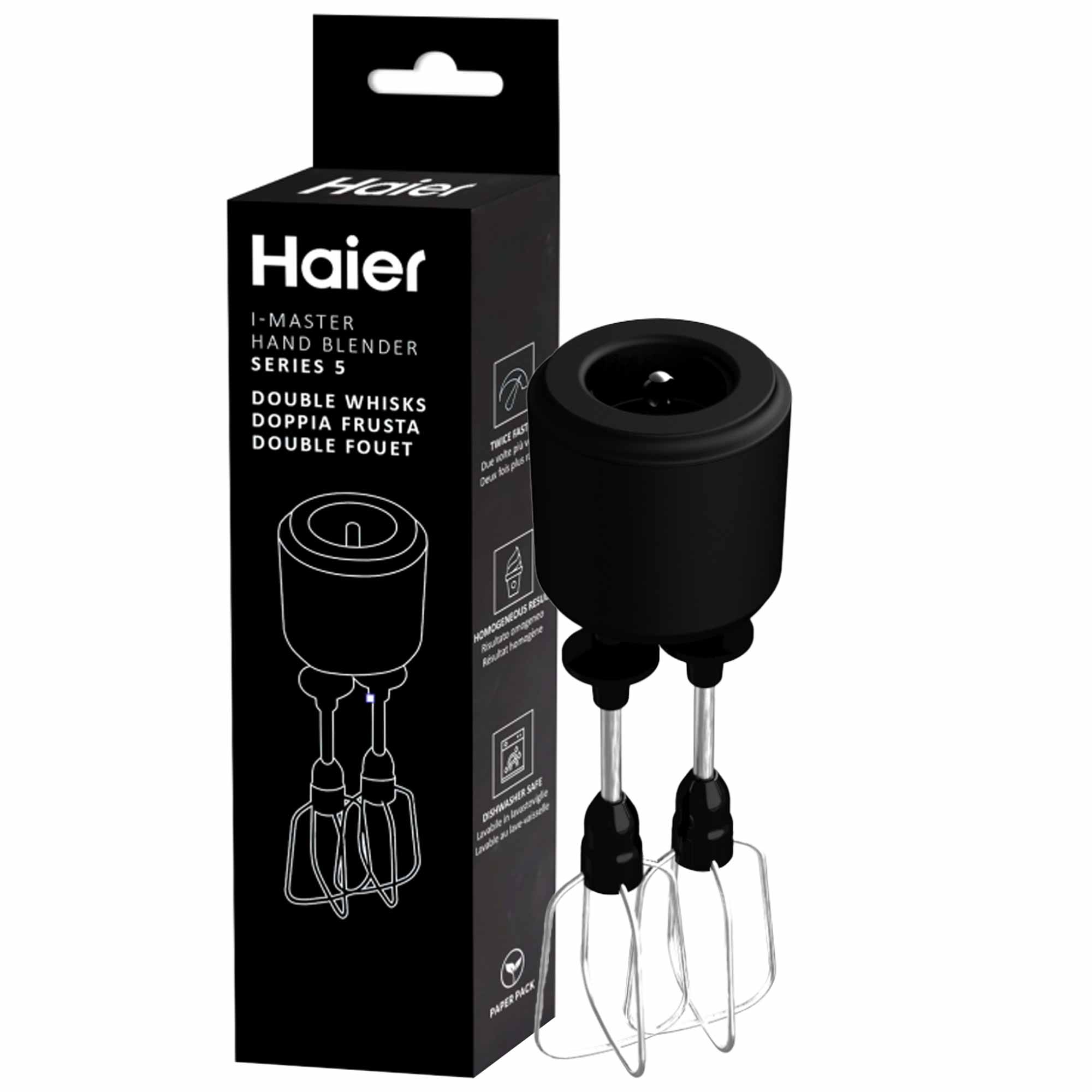

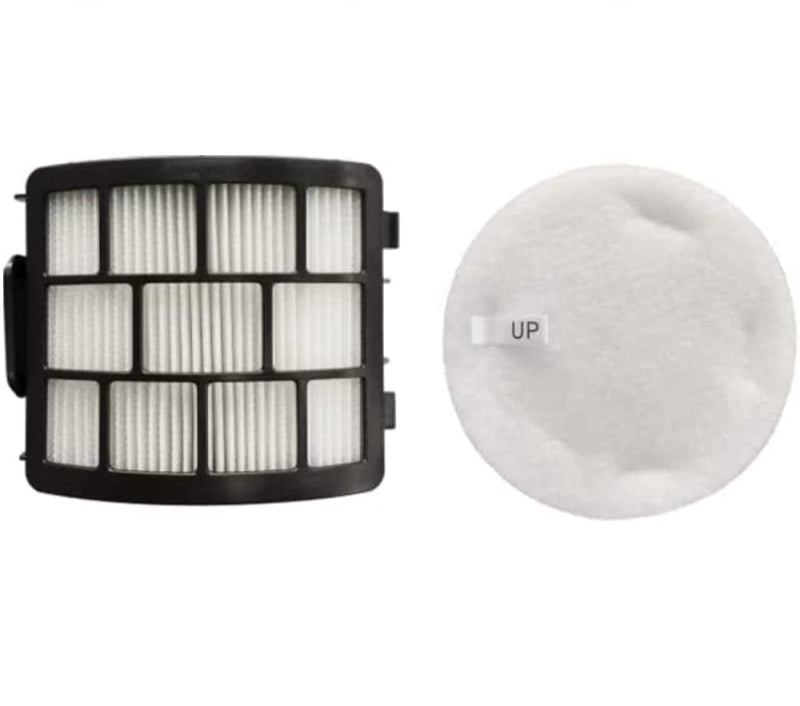
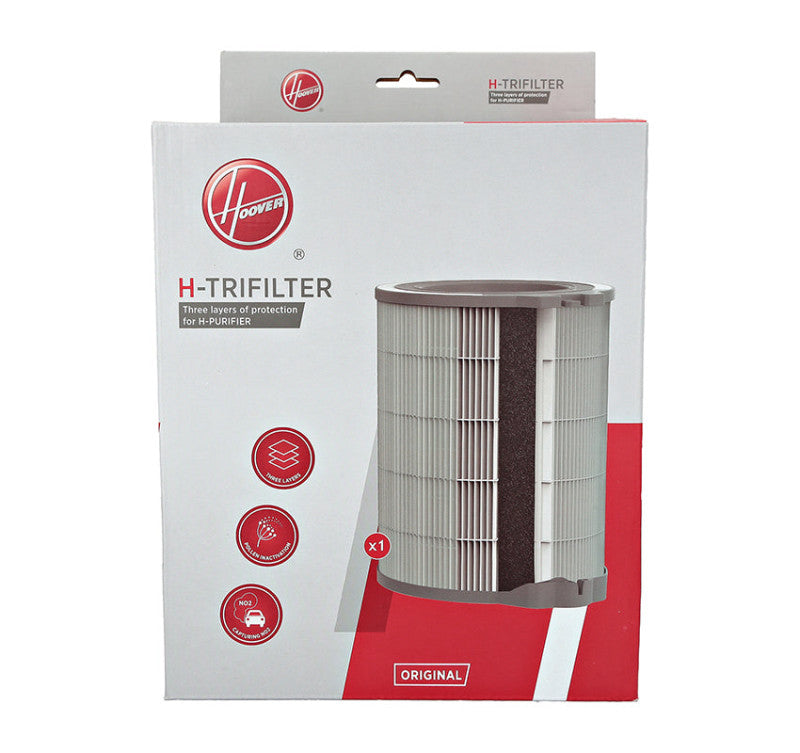


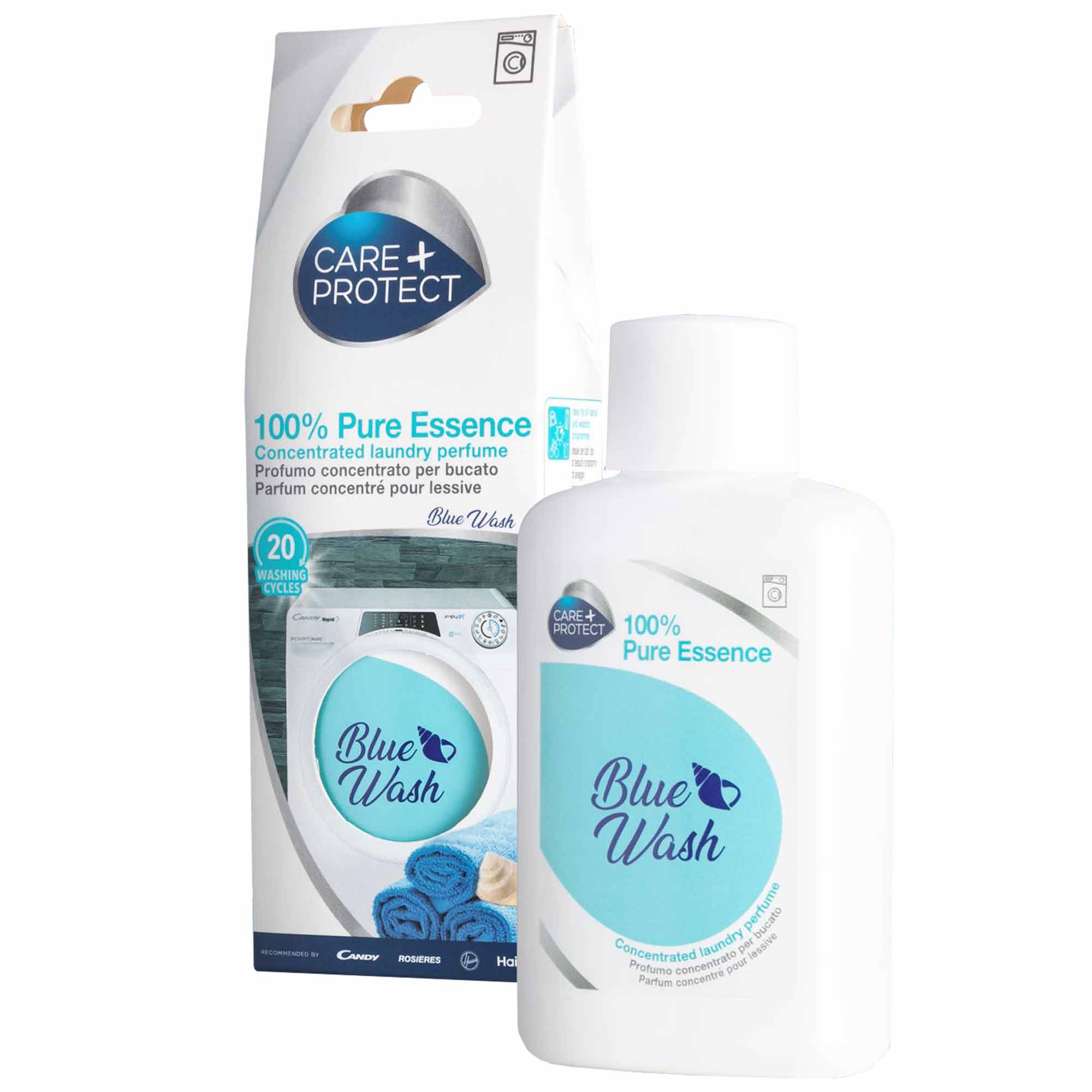


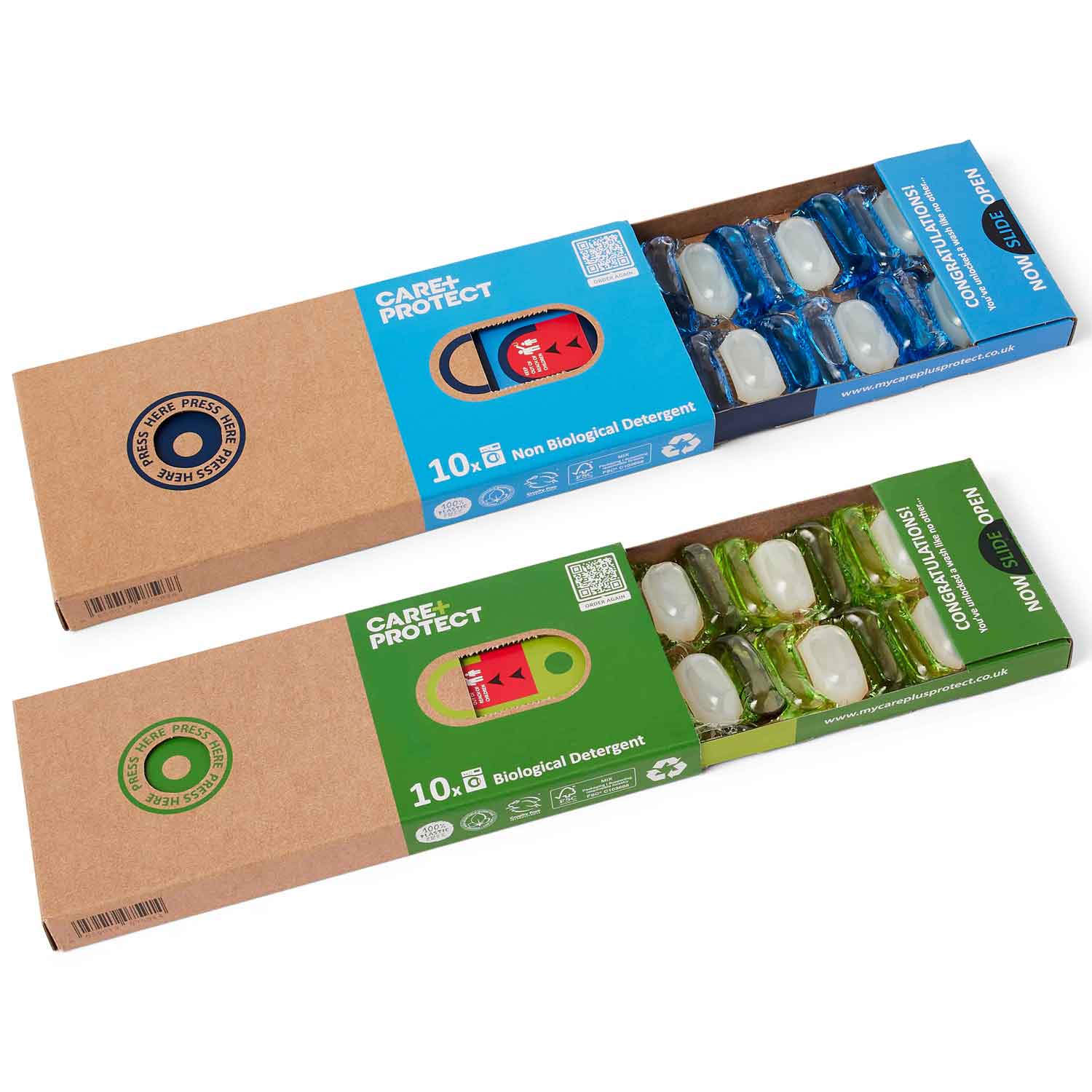
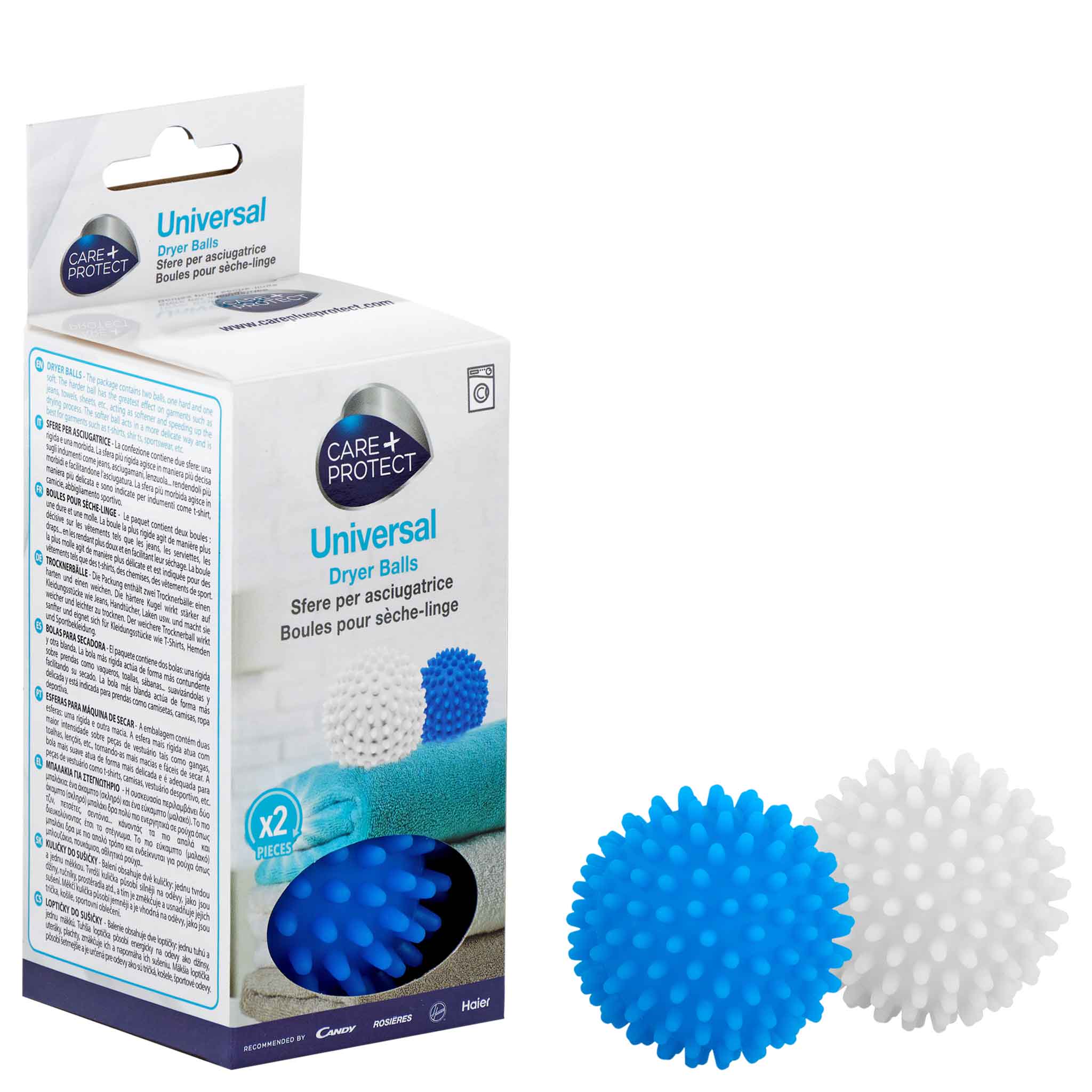
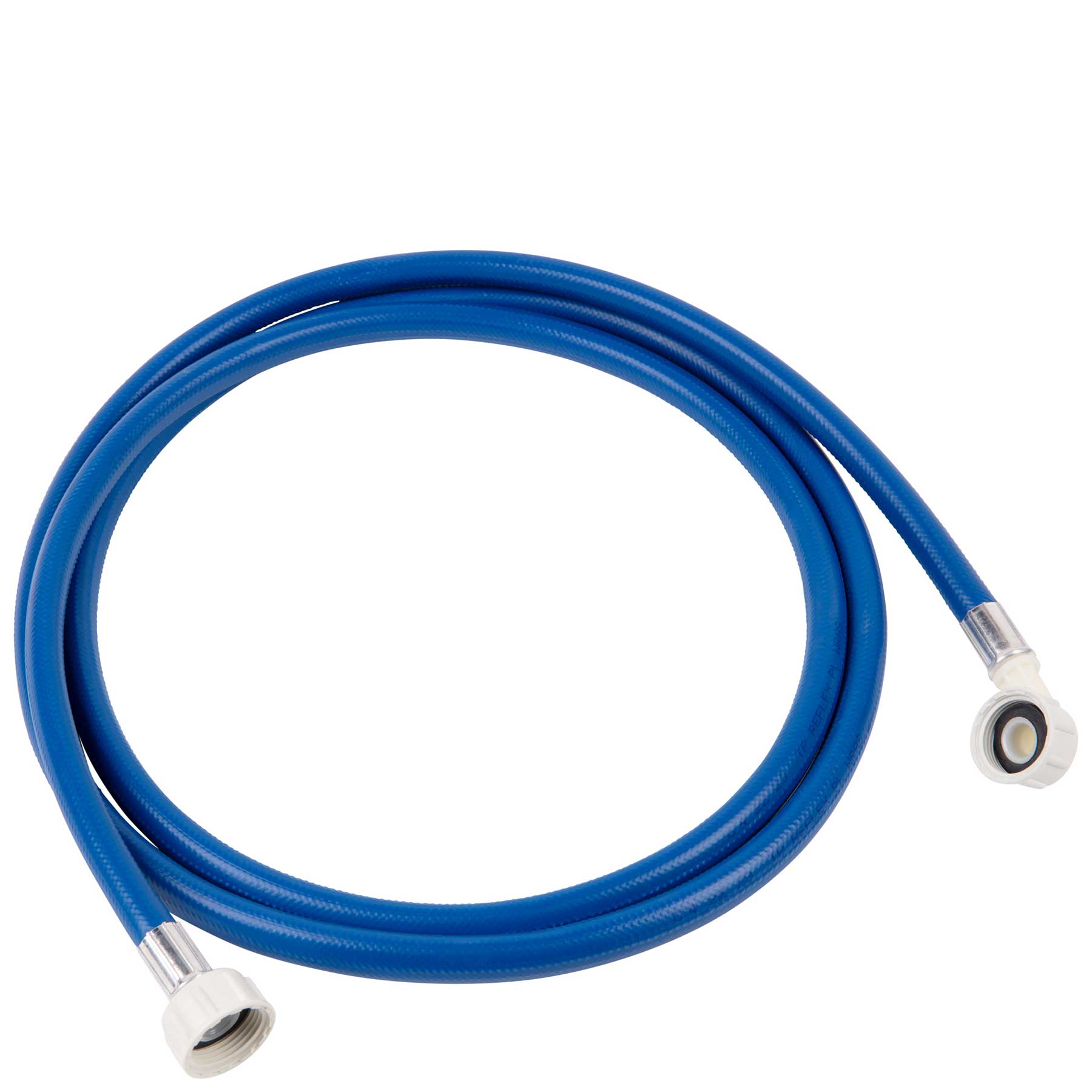
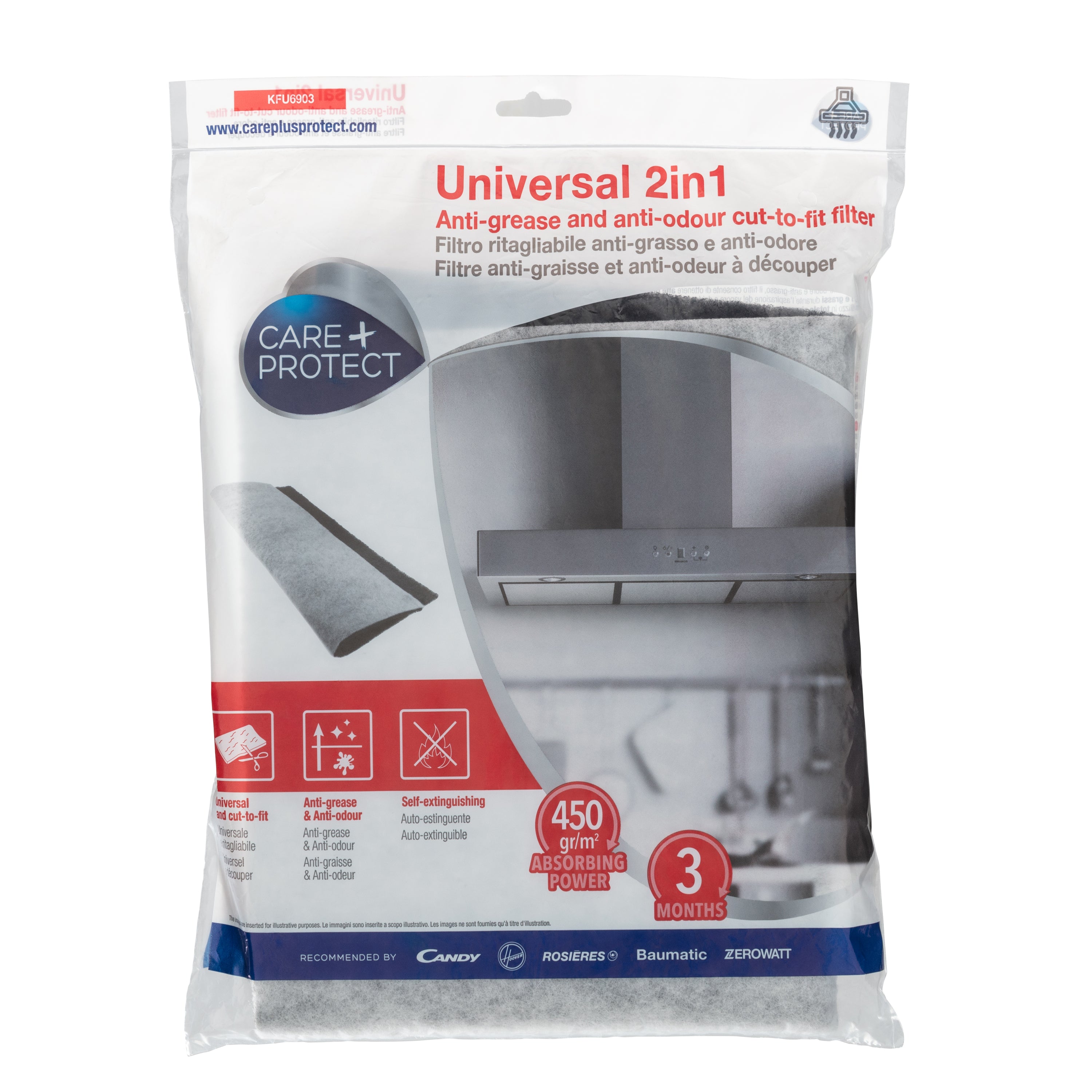
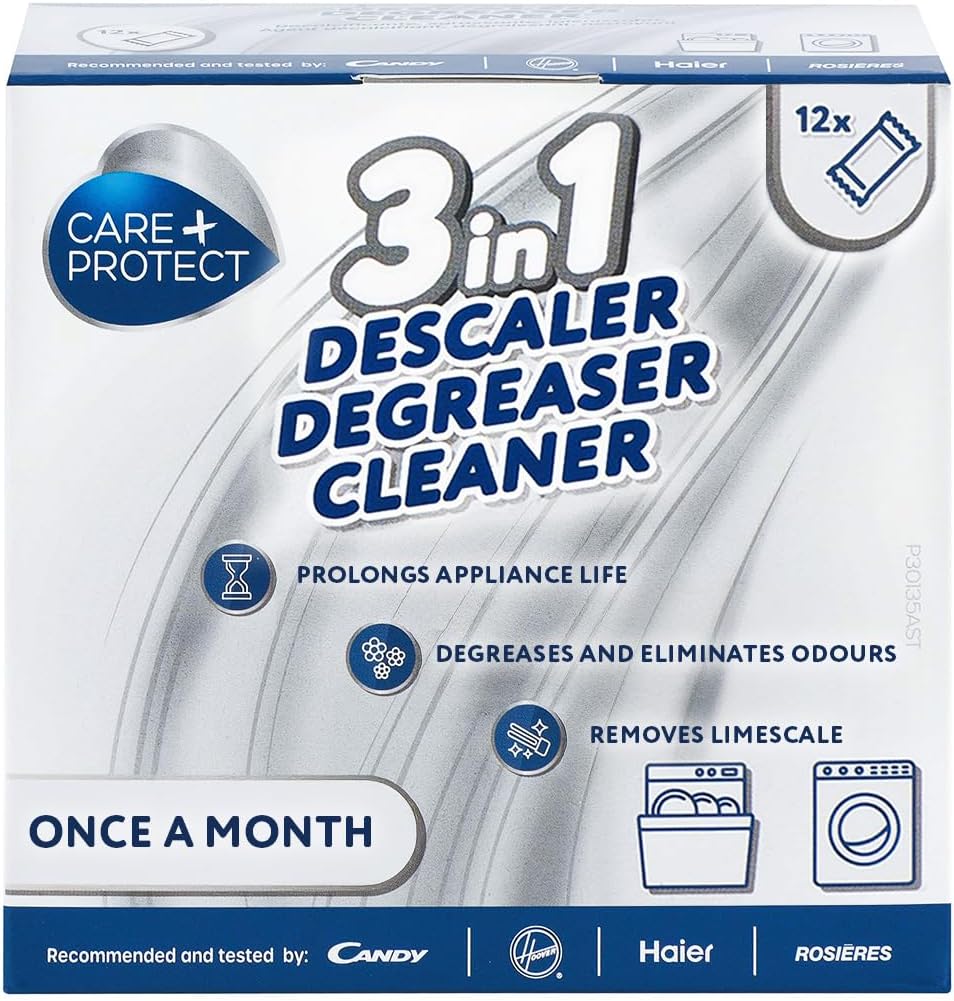
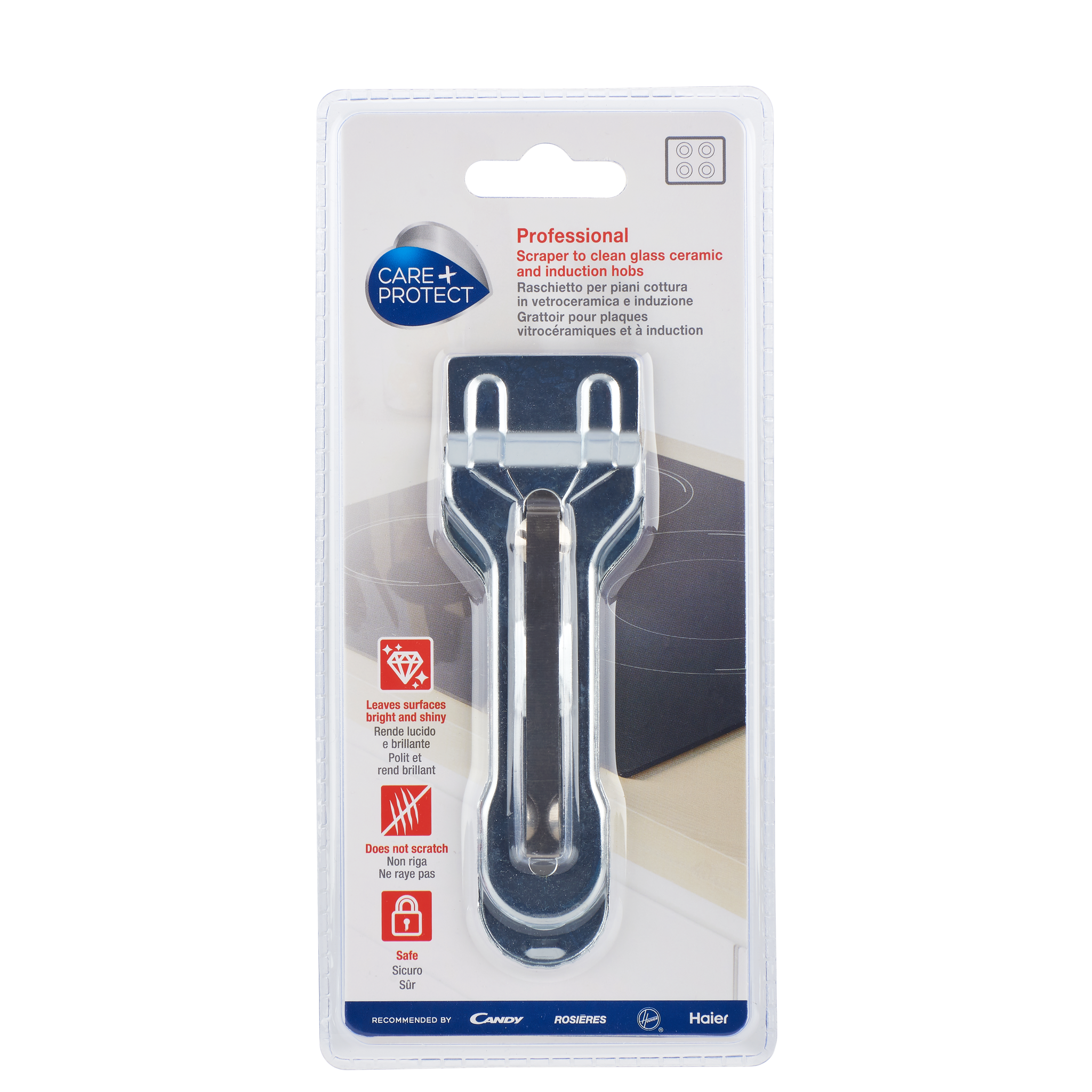
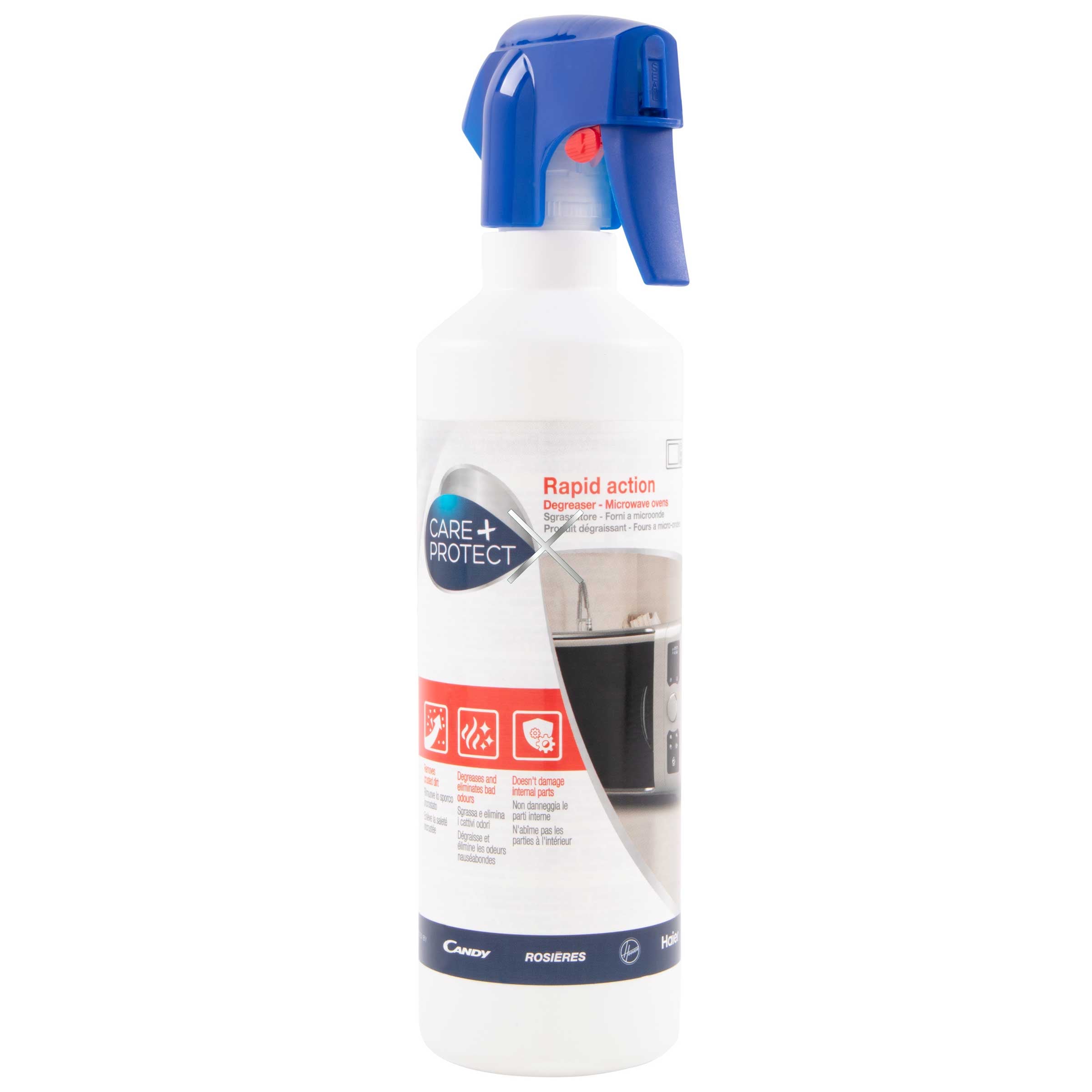

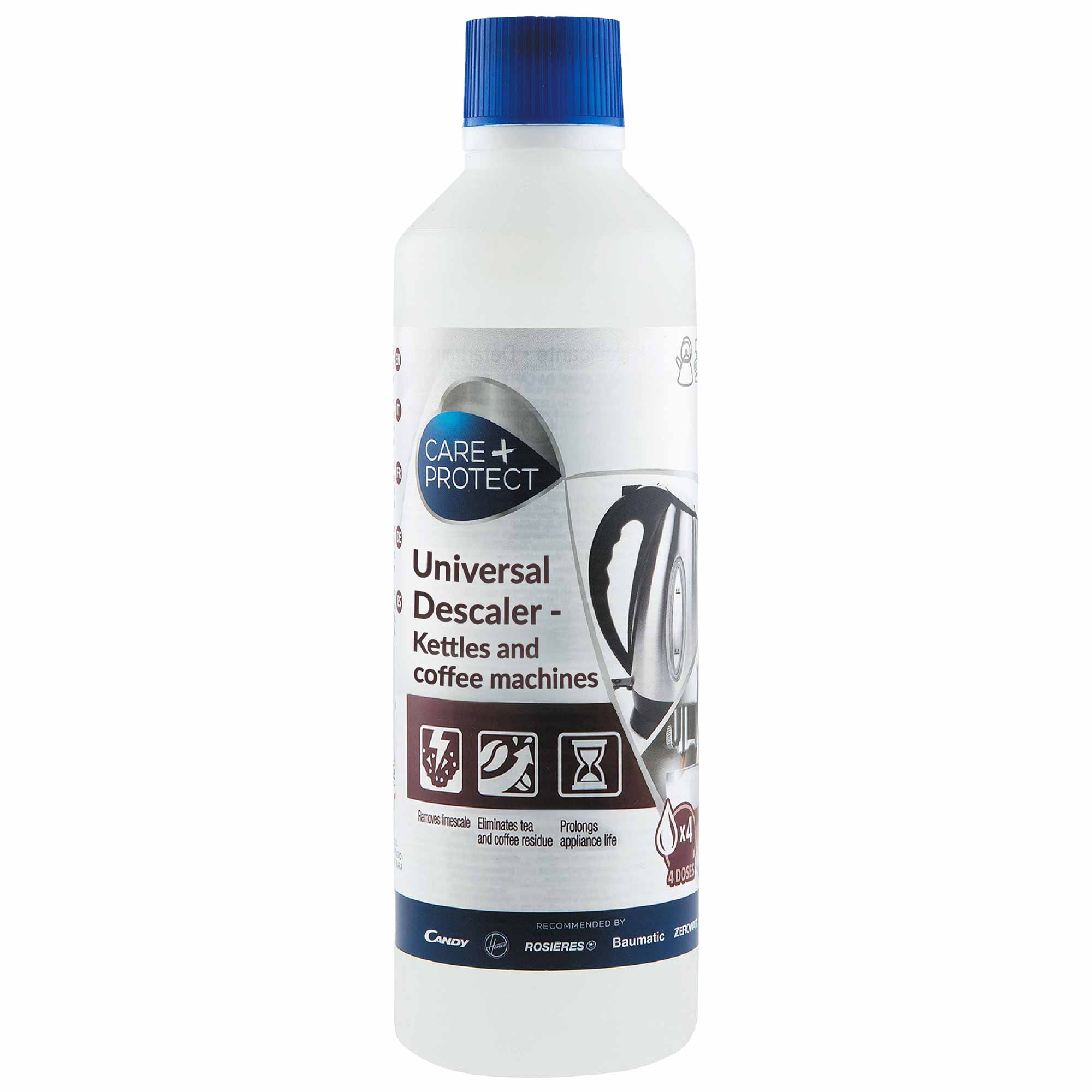

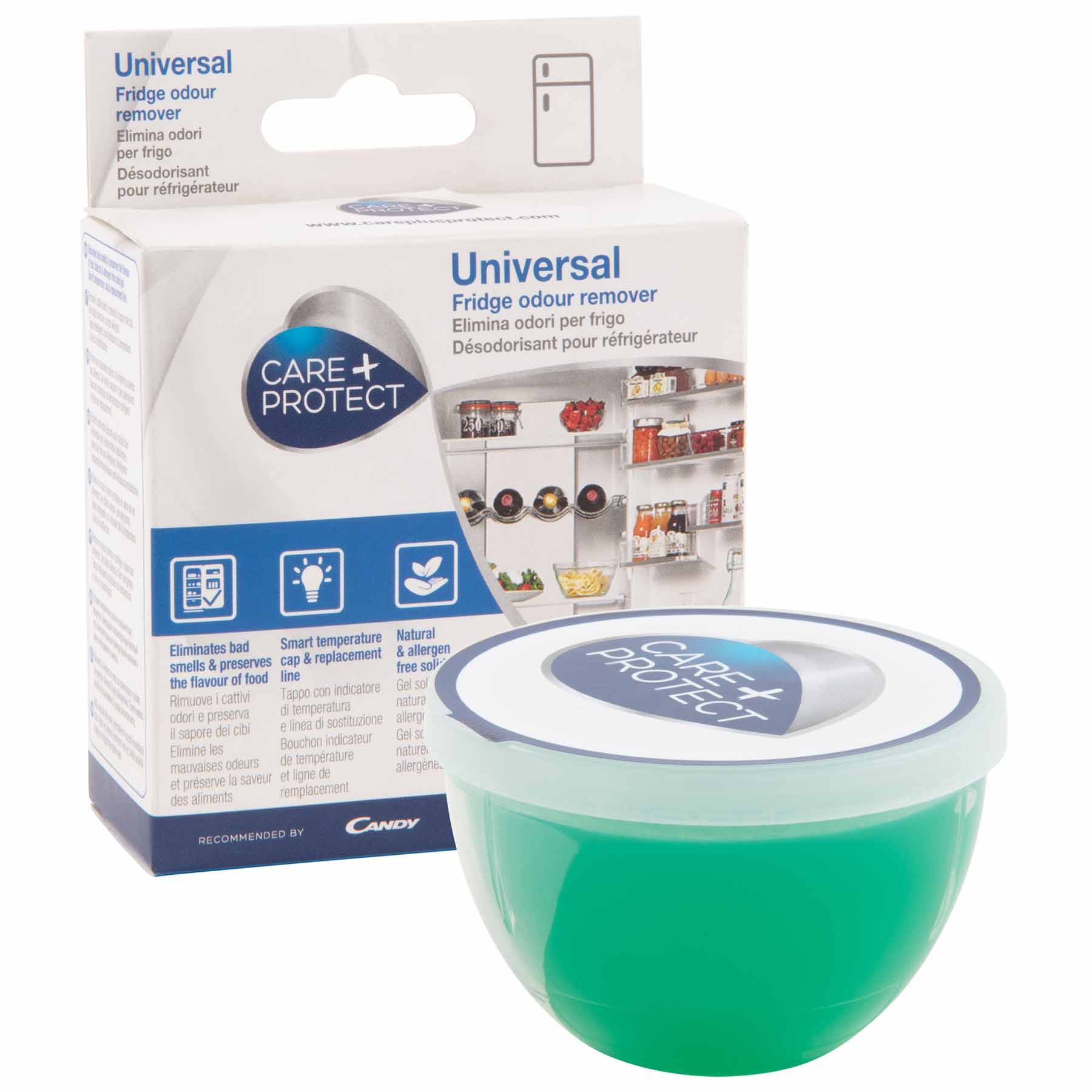
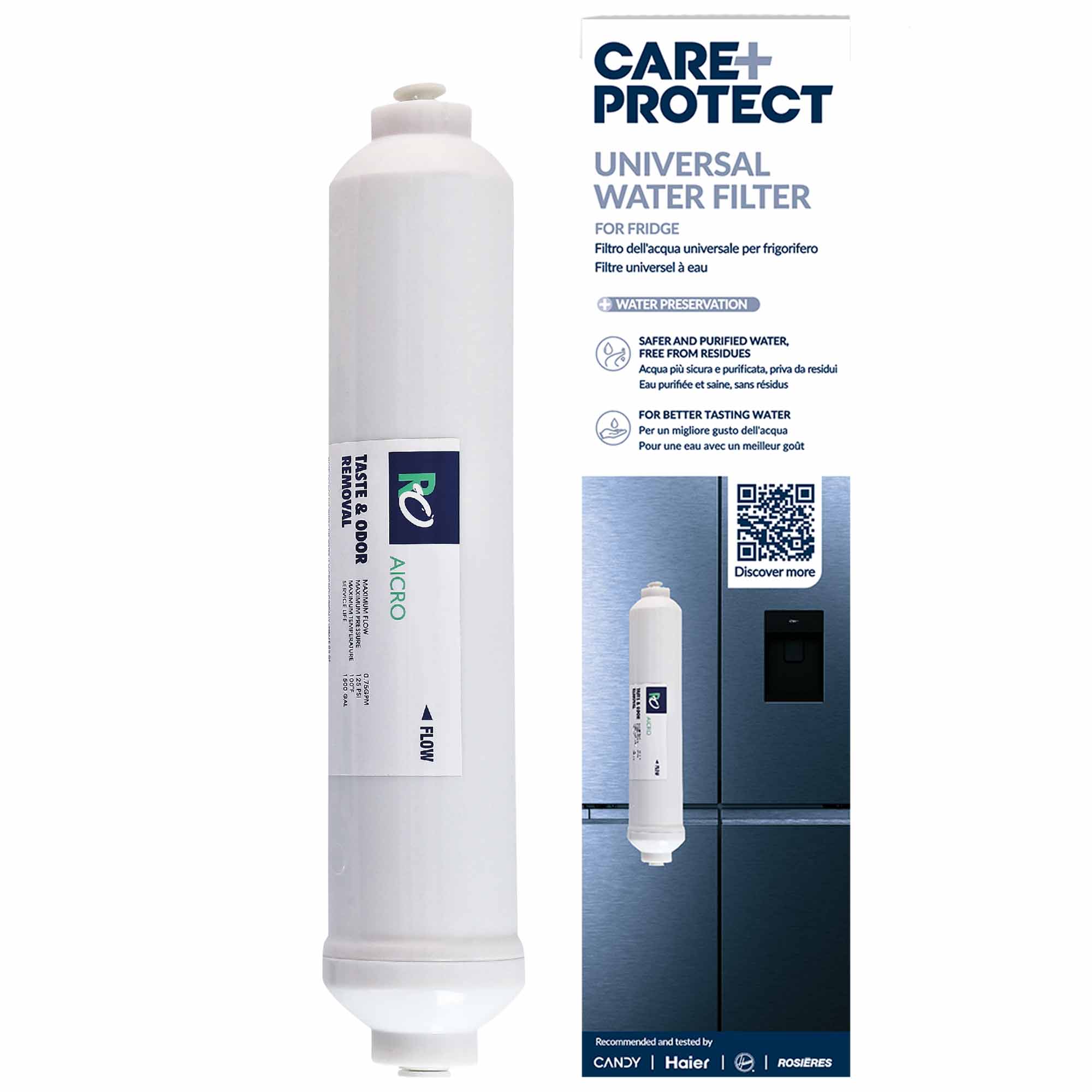

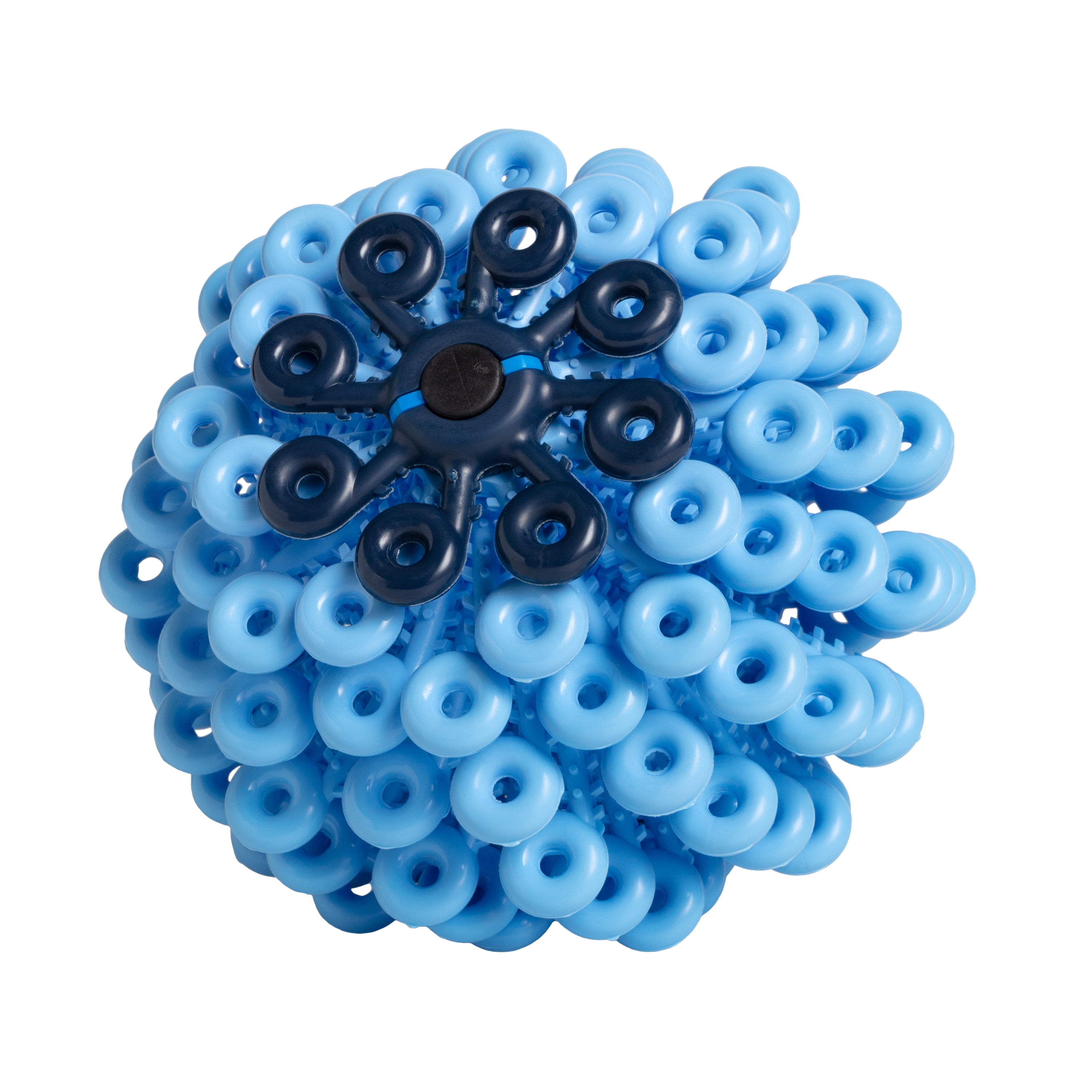
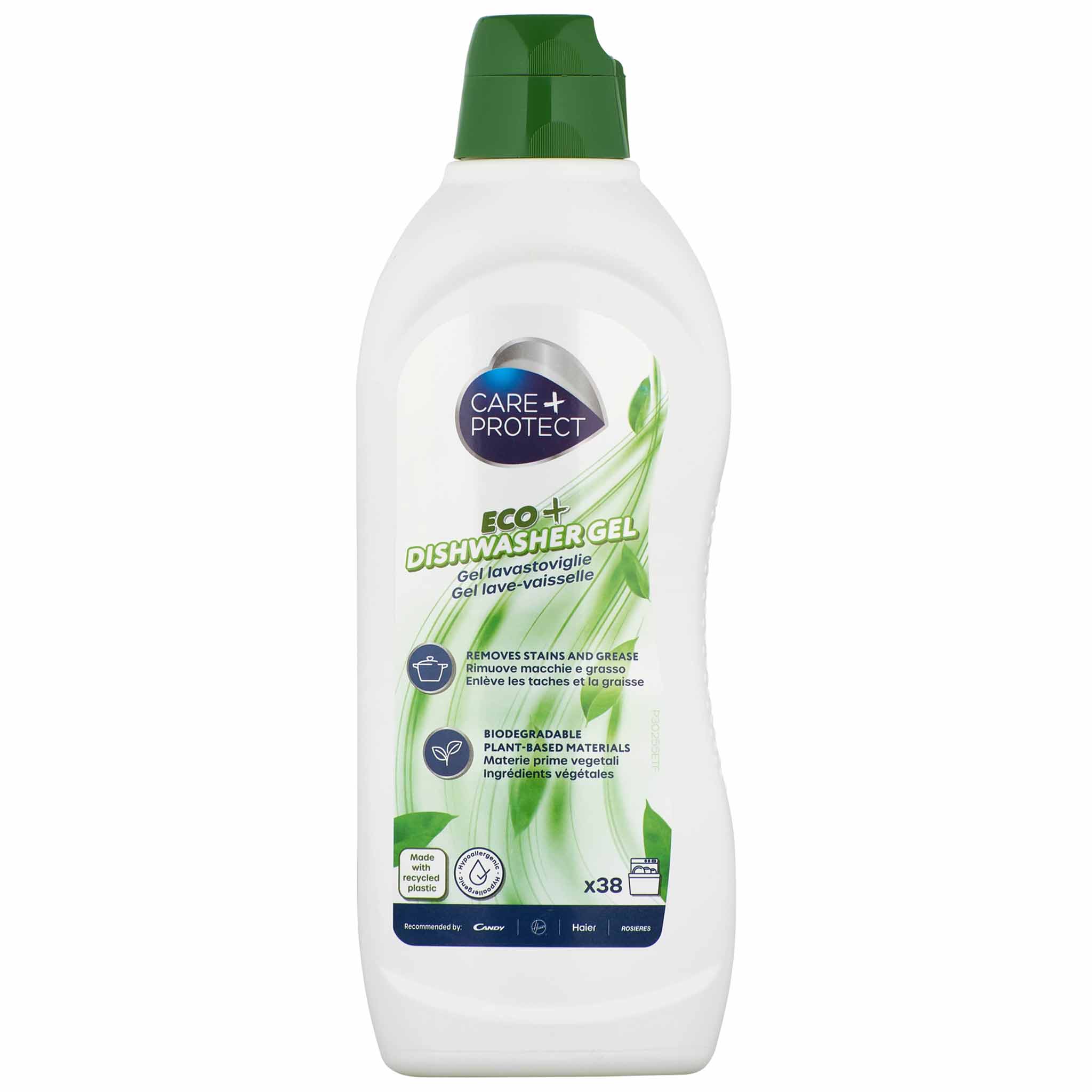
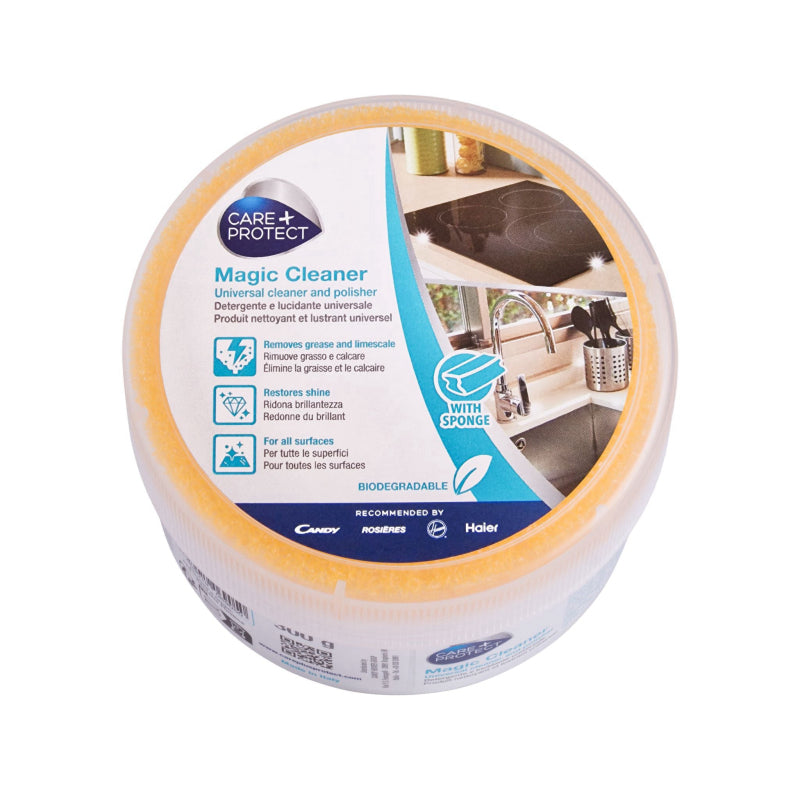





Leave a comment